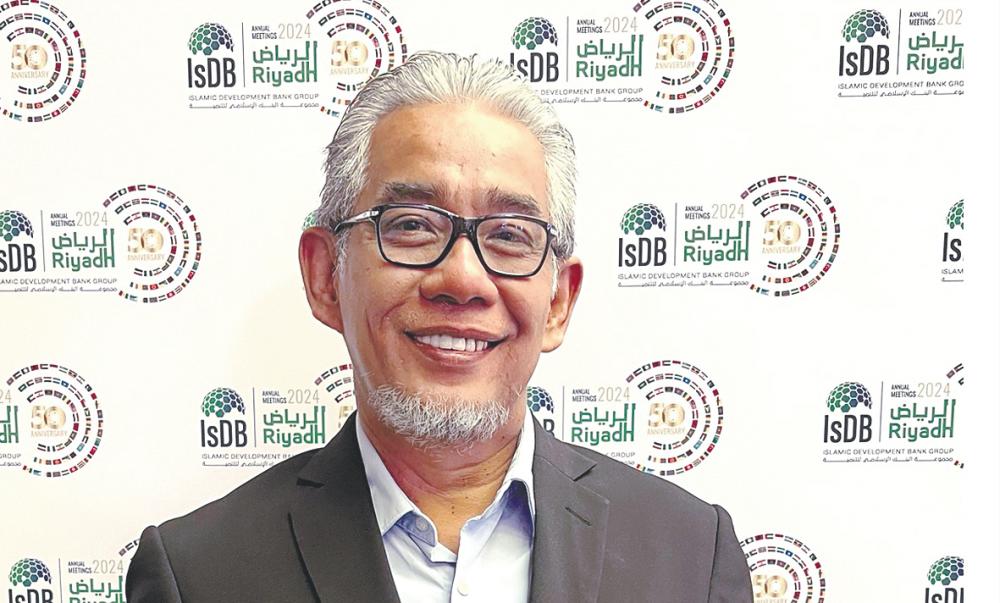RIYADH: Malaysia is set to spearhead the promotion of closer ties among Association of National Development Finance Institutions in Member Countries of the Islamic Development Bank (Adfimi) member nations and explore bilateral or multilateral strategic partnerships that address regional food security issues.
Adfimi vice-chairman Tengku Ahmad Badli Shah Raja Hussin said while member countries race to resolve food security issues, they cannot afford to neglect the critical balance between food production and consumption of natural resources.
“Sustainability in agriculture is important because we must address the immediate demand and availability of food, while also considering the long-term repercussions of our agricultural activities on our natural resources and the health of our planet.
“Climate change, soil degradation and water scarcity are all challenges that affect us today, and these will continue to worsen unless we are serious in addressing the issue of how we must produce food sustainably,” he said in his opening remarks during the 41st Adfimi general assembly held during the 2024 IsDB Group’s annual meetings and golden jubilee celebration here yesterday.
Tengku Ahmad Badli Shah, who is Agrobank’s president/CEO has been re-elected as vice-chairman of Adfimi for the 2025-2027 term.
He also said climate change can be seen and felt with rising temperatures and more frequent and intense extreme weather events, such as droughts and floods.
In addressing this, member countries, he said, must focus on reducing greenhouse gas emissions and promoting climate-smart agriculture practices such as conservation agriculture, sustainable land management and utilisation of agri-technologies that promote the efficient use of resources.
“As members of Adfimi, we can and should leverage on our collective expertise, knowledge and wisdom to have more policy discussions and strategic collaborations to promote the adoption of sustainable practices within agriculture.”
On Islamic finance, Tengku Ahmad Badli Shah said it can provide unique financing solutions that support sustainable agriculture and food security.
He said Adfimi members have a shared commitment to promote Islamic finance and increase its accessibility to small and medium enterprises.
“We can leverage this commitment to create innovative financing models that support sustainable agriculture and food security projects, such as irrigation systems, storage facilities and value-added processing.
“For instance, in Malaysia, Agrobank will soon launch an agriculture-based crop takaful programme – the first of its kind in Malaysia, to provide basic protection for the agricultural community against losses, particularly against natural disasters.
He called upon Adfimi members to engage in more strategic collaborations and partnerships to realise the UN Sustainable Development Goals, promoting inclusivity and protecting lower-income groups.
Adfimi started operations in September 1987 in Istanbul, Turkiye. Currently, there are 42 Adfimi members including Saudi Arabia, Turkiye, Yemen, Uganda, Sudan, Pakistan, Oman, Malaysia, Iran, Indonesia, Bangladesh and Cameroon.
Its establishment is to enhance the effectiveness of development financial institutions and banks by providing their members with the opportunity to work together and develop expertise, exchange mutually beneficial ideas and experiences. – Bernama









